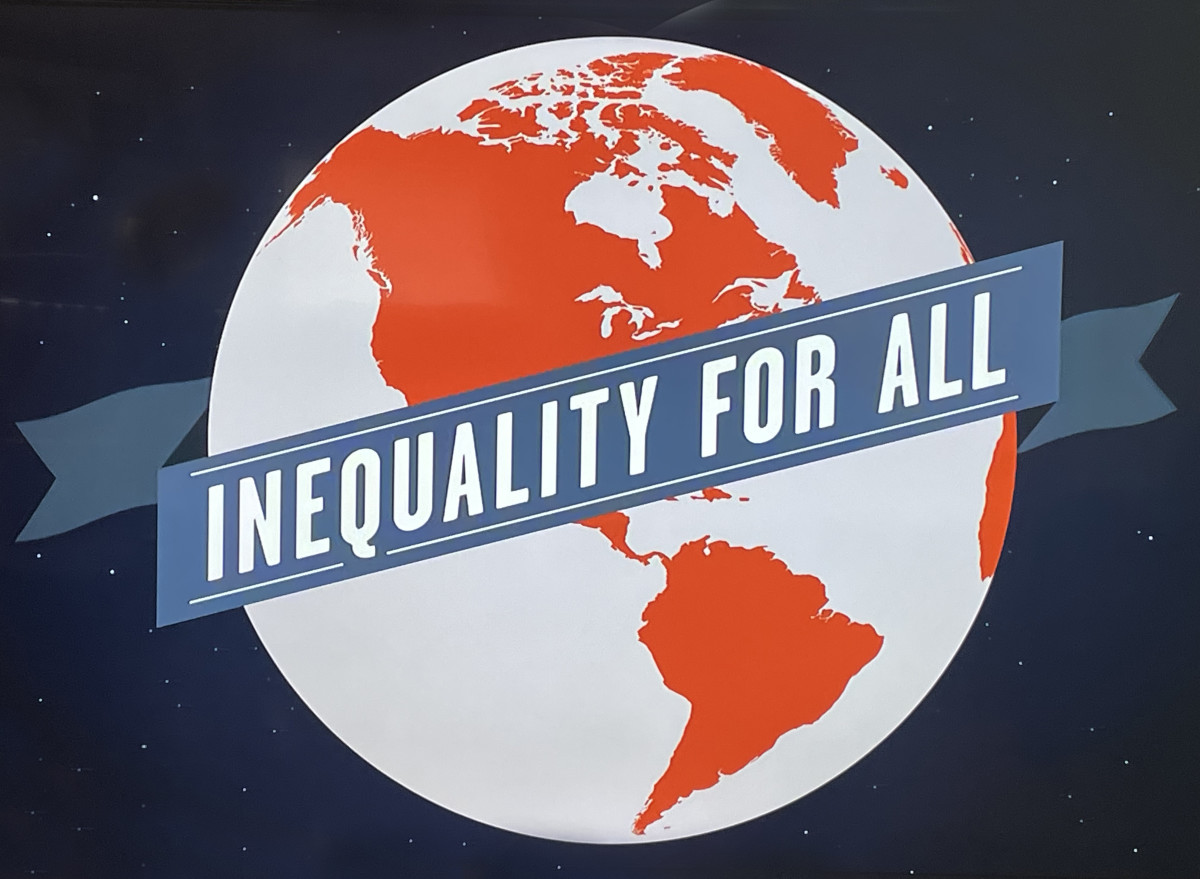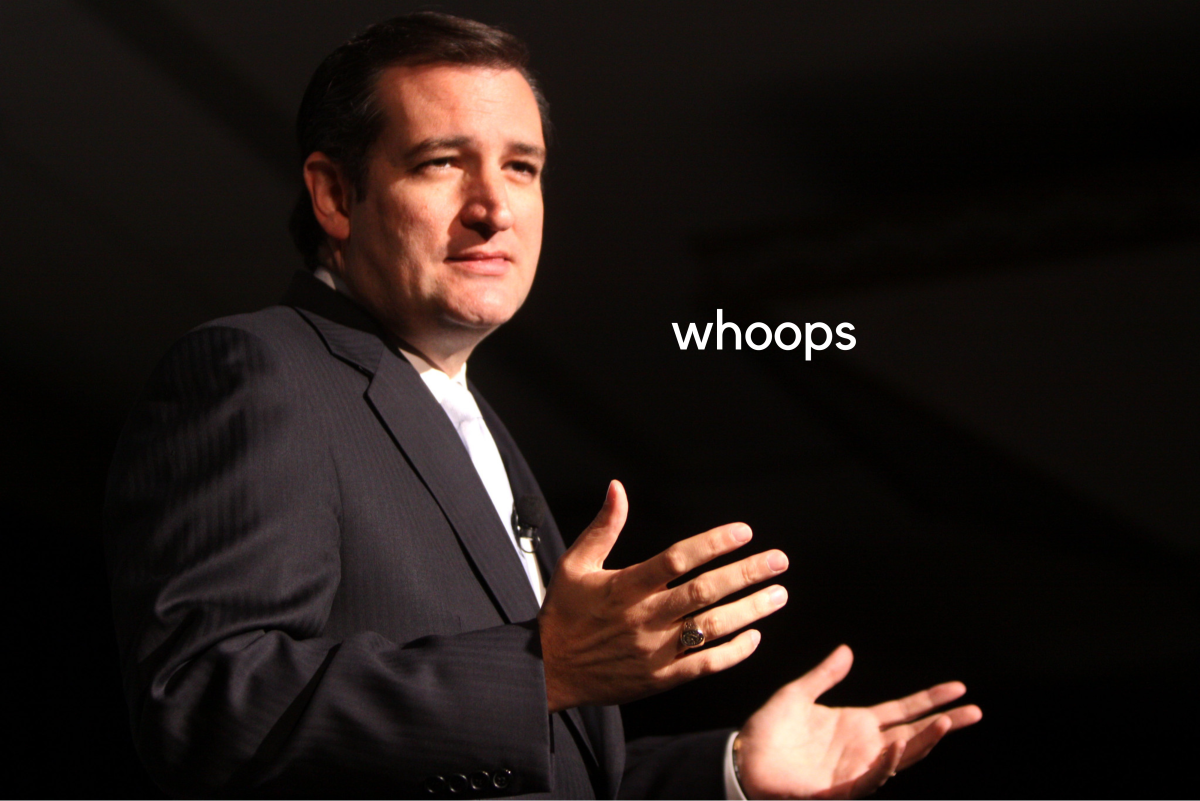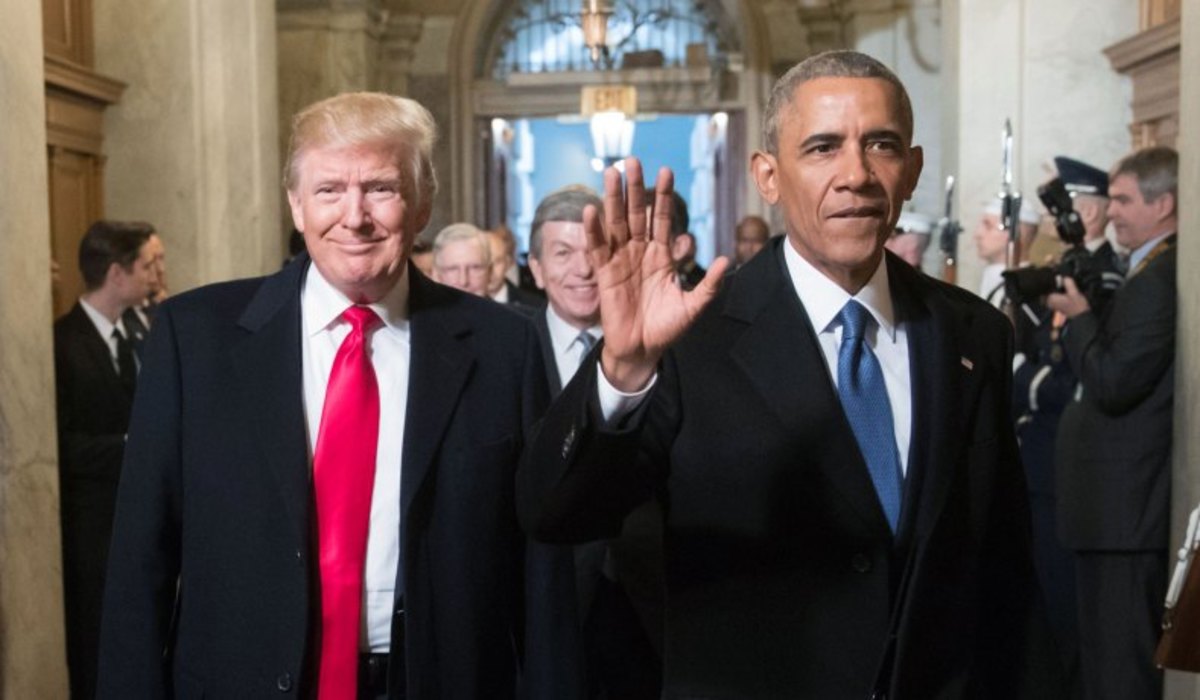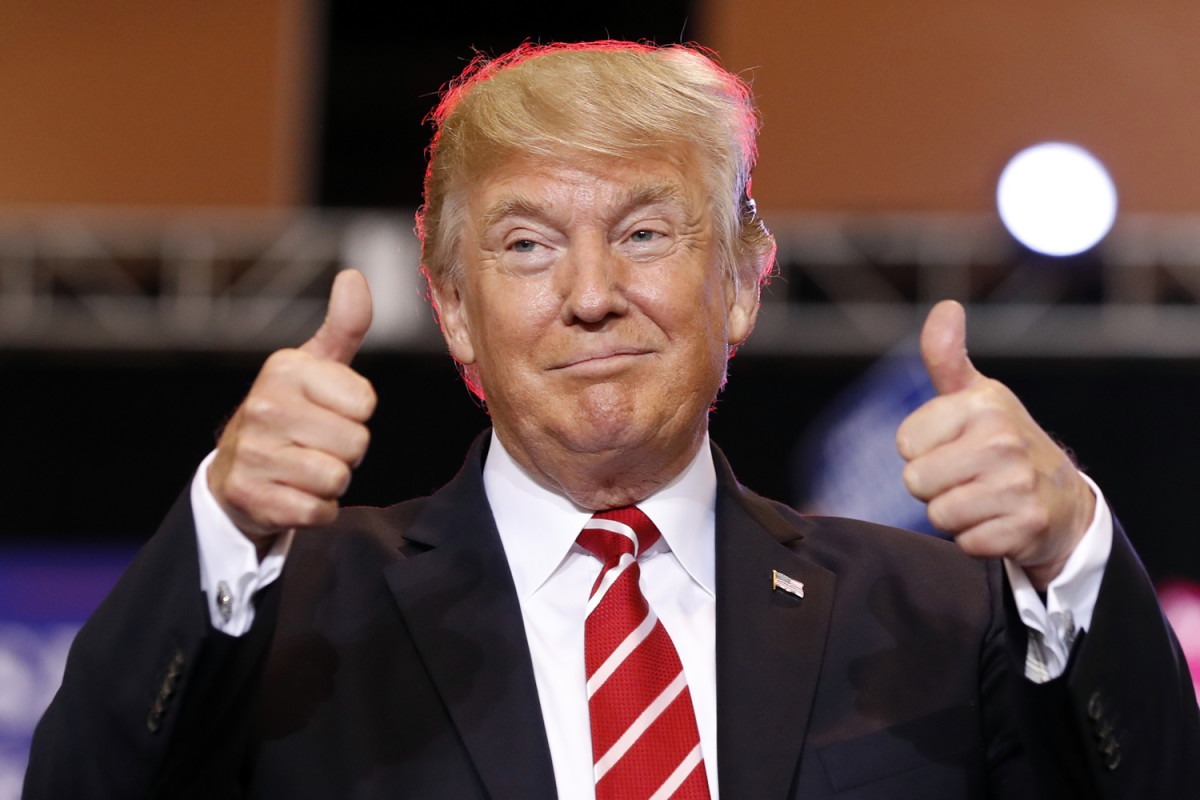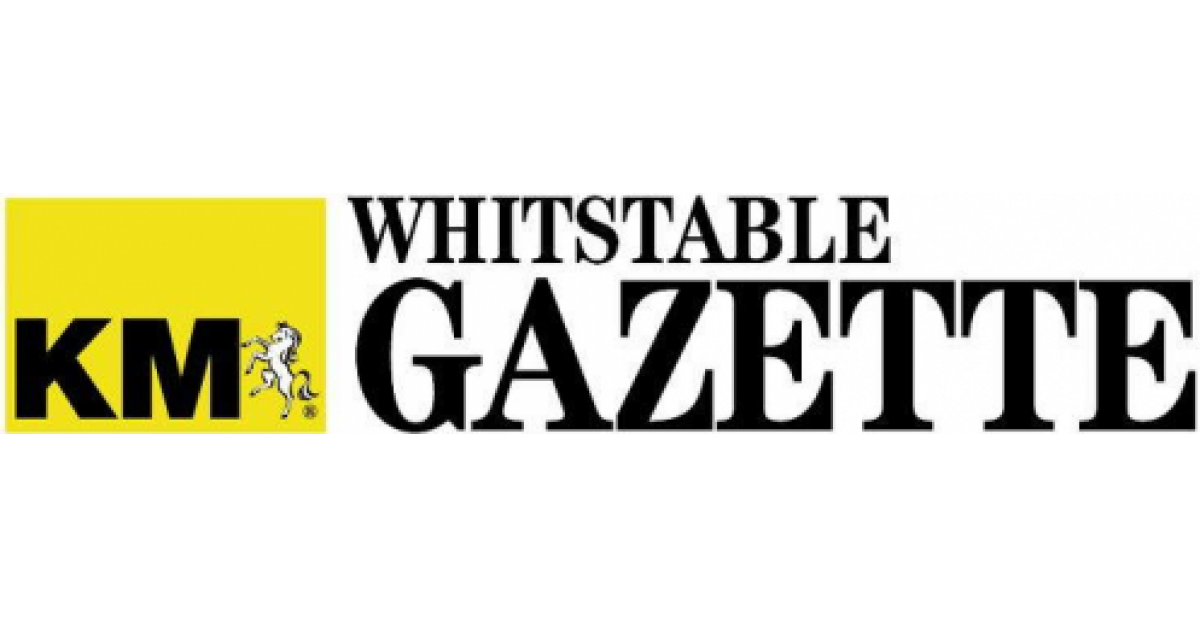Franklin Delano Obama

The "Old Deal"
[Obamaphiles, rest easy: I’ll give an equal-opportunity bashing to the GOP’s cynical economic proposals. I’m not a “Birther”; I voted for Obama and laugh when Fox news types call him a “Socialist.” But I’d like to smack him silly right now.]
For Obama context, please also read:
http://keithmitchell5.hubpages.com/hub/President-Obama-Wins-Heisman-Trophy
http://keithmitchell5.hubpages.com/hub/Trolling-for-Assassins
http://keithmitchell5.hubpages.com/hub/Middle-East-Double-Standards-The-Wrong-Side-of-History
My friend was really drunk. He’d been hitting the Jack Daniels & Coke Zero for the better part of a Chiefs-Chargers game. Eyes bulging and glassy red, words twisted and garbled, he pointed an accusatory finger at his nephew, a slightly less inebriated, moderately liberal student at Butler University, and called him out: “If you knew then what you know now, would you still have voted for Obama?”
“Probably not,” the browbeaten nephew admitted, through a groaning sigh.
The promise of election night in Chicago’s Grant Park in November, 2008 was, in retrospect, the highlight of the Obama administration to date. A savvy campaigner – highly adept at fundraising and obviously possessing the gift of gab – Obama may actually be what one NPR commentator labeled, “A brilliant amateur,” who gained the keys to the White House without a hint of the boldly insightful leadership qualities needed to steer the US through its current economic nadir.
Both FDR and Obama inherited financial calamity from a GOP predecessor. The hands they were dealt by economic carnage clearly called for some strategic, innovative thinking. In FDR’s case, this led to the New Deal, a package of relief and reform, which created jobs in various arenas, from forestry conservation, large-scale dam construction, and a spate of small-scale, infrastructure improvement gambits. The SEC, which is supposed to prevent Wall Street rip-offs, and the FDIC, which insures savings deposits, were also created, among other oversight agencies.
Fast forward some 75 years and Obama seems to be doing pretty much the same thing. Under W. Bush, the TARP [Troubled Asset Repair Program] bailout was passed by Congress, doling out $500 billion to about 300 different banks and insurance titans; you know – the Citibanks and AIGs of the world: the “too big to fail” entities, as they were called by then Secretary of the Treasury, Henry Paulson. Under Obama, Congress followed suit, passing a “stimulus” bailout for the Big Three automakers, among others. (Ford declined after further review.) Other than repaying the hefty taxpayer loans at their leisure, GM and Chrysler were given no conditions regarding hiring quotas, electric car production, plant re-openings, sales targets, nothing. In retrospect, both the Bush and Obama bailouts undoubtedly limited job losses to an unknown extent, but neither came close to truly stimulating the economy. Driving to New York from the Midwest, I repeatedly crossed bridges that were hailed as part of the stimulus package. Big woo: the bridge got repaired/ rebuilt, some concrete workers got paid for awhile, and the bigger economy most certainly was not revitalized.
Now comes Obama’s American Jobs Act proposal. The bill calls for $175 billion in infrastructure spending and aid for local governments to avoid further lay-offs of government workers, such as teachers. More bridges would be repaired, and a spate of inner-city public schools are to be repaired and revamped with wireless, new science labs, etc. Worthy ideas that should have occurred well before now, but highly unlikely to jump start a moribund economy. To help pay for all this, the act comes with a tax hike for millionaires but also offers a payroll tax cut for small businesses. With the Republicans holding control of the House and tepid support for this act in the Senate, the American Jobs Act is DOA. Obama is now trying to sell individual components on a skeptical, and often hostile, Congress as well as on the beleaguered American people.
Republicans look at Obama and think, “He just doesn’t get it.” The moderate left looks at Obama and increasingly agrees, but for widely different reasons. While the right dreams its laissez-faire dreams of deregulation and gutting all tax obligations on the wealthy, the moderate left wonders if any imaginative economic philosophy exists within the current White House brain trust. Reheating Depression-era strategies hasn’t cut it and at best seems like putting a band-aid on an amputation.
The New Deal programs occurred during an industrial age. We’re in a post-information age now, so no surprise that propping up Wall Street pariahs and death-bed corporations who manufacture unpopular products hasn’t revived the American/global economy. [Gallup polls reveal that 44 percent of American consumers prefer a Japanese or Korean made car, with 29 percent claiming a preference for a Big Three production, and the remainder opting for a German-made car.]
Looking around, one notices that the American businesses that have taken off during the last 15 years have been largely in the IT genre. See Apple, Microsoft, Google, Yahoo, Netflix, Facebook, Twitter, Groupon, Verizon, the GPS providers, et al. None of these companies have received bailout funding and all apparently have a bright future with a reasonable expectation of providing decent jobs. Maybe just maybe, the Obama cadre should look at this trend and see if they can’t find a way to promote budding entrepreneurs in these fields. At the very least, I’d rather see taxpayer money plowed into making wide swaths of America wi-fi ready than to see Interstate 70 get 15 miles of newly repaved lanes. Likewise, I’d prefer to see the next Steve Jobs subsidized than to see Chrysler propped up to make fifteen more years of forgettable sedans and minivans.
Obama also talked a good “green game” during the ’08 campaign. Here’s another area he could have thrown substantial government aid toward as a visionary segue from the old housing-starts-and-car-sales pardigm to something innovative, necessary and sustainable. Given specific targets – and corresponding jobs in related industry – toward wind generated energy production, for instance, the American public could have rallied around the effort in a similar vein to the Apollo moon mission. Aside from obvious targets such as electric car production, solar and wind power, more ambitious projects like the “greening” of older urban structures, which has been pioneered in Canada and Australia, could have been pursued with public money. Seems far more savvy than rebuilding bridges.
But coal miners voted for Obama, didn’t they? And UAW workers. And Exxon-Mobile, the Wall Street banks, and the Detroit automakers are all campaign contributors for both major parties, ensuring that their bidding is done no matter who is in the White House.
On that crisp Chicago night in 2008, when Obama and family thanked the American voters for their faith and good will, we envisioned so much more than this and deserved far better. If BHO gets called back for an act II, let's hope he finds "better deal" than the shop-worn economic chicanery he's trotted out thus far.

